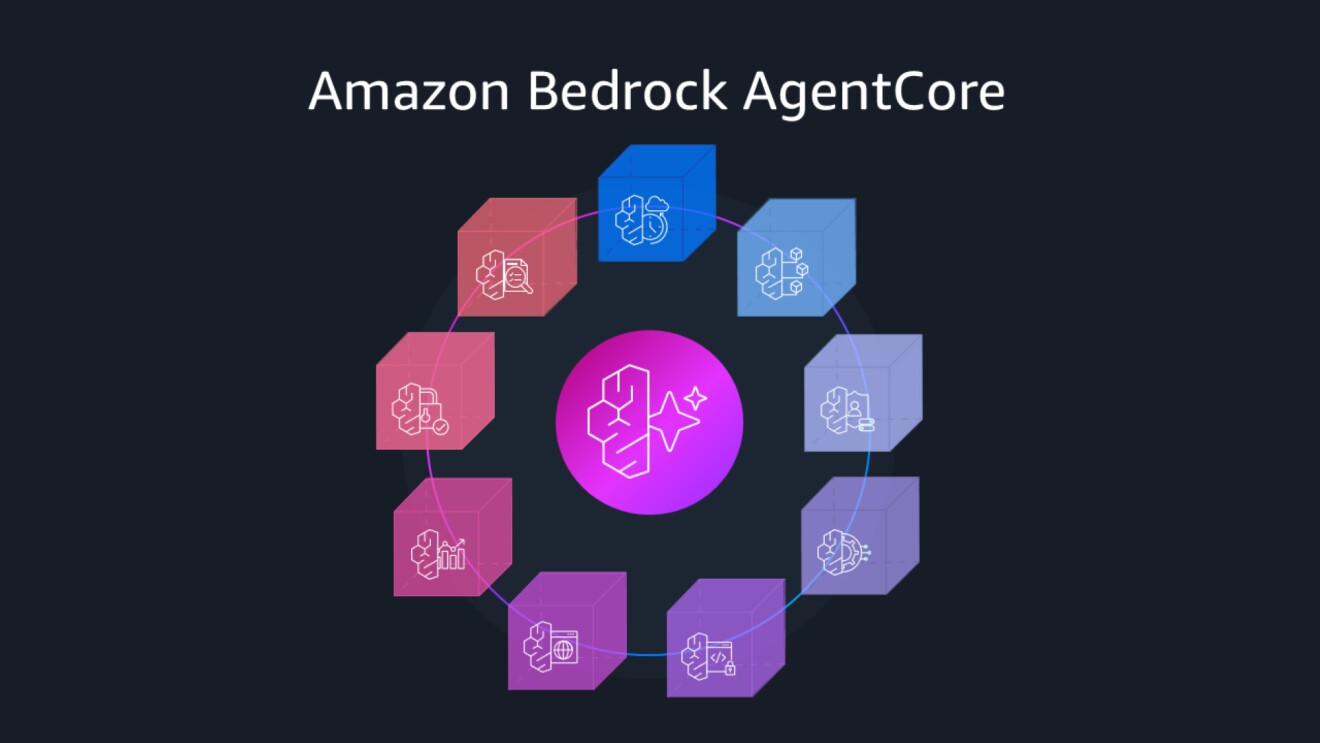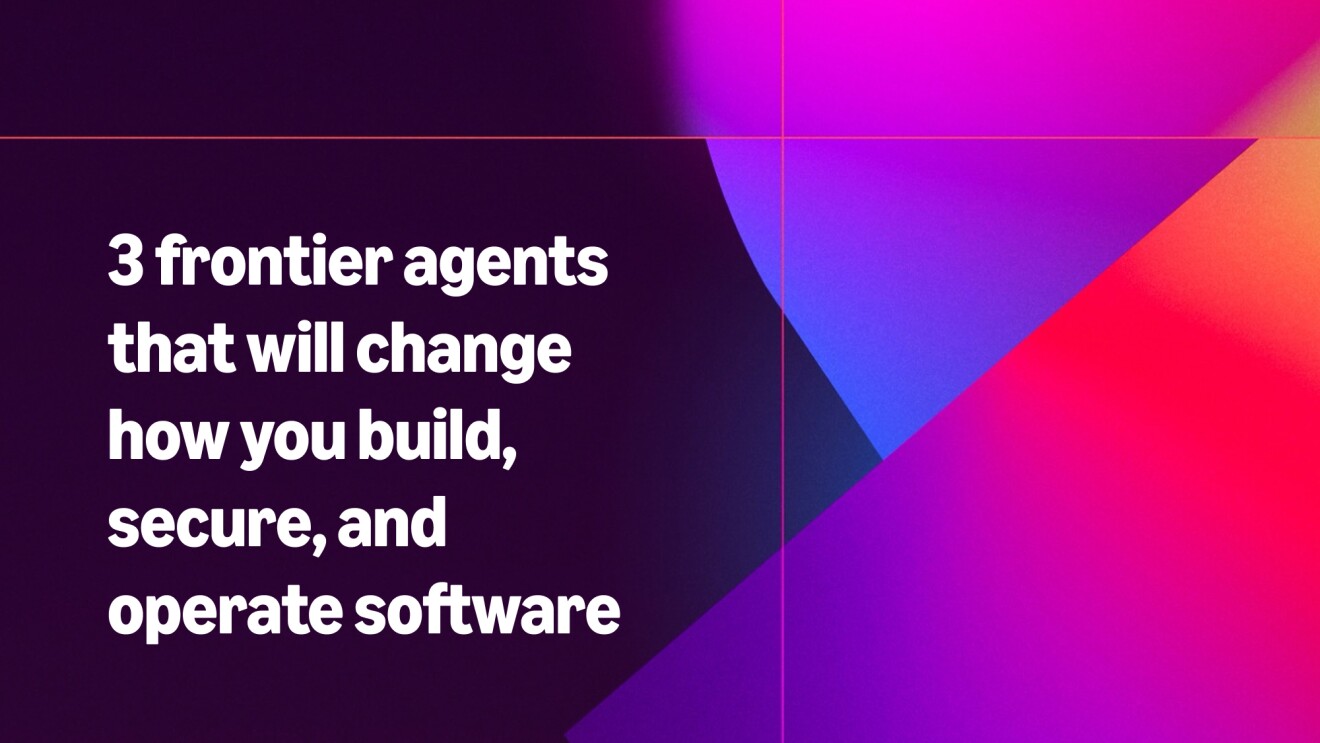Page overview
Put yourself out there and make connections.
Schulze, Luna, Khabibullina, and Pant are all proof that there are many paths into ML and AI—from the traditional and linear to the unconventional.
Luna: I had no real machine learning experience before I joined AWS. I had worked in language translation software 25 years ago, so I was sort of pulling at a thread from a past career, but this experience seemed to get me in the door. I have some DevOps experience too, and this applies to my role in ML. I would say don’t be afraid of putting yourself out there, no matter what your career path in technology has been. One big thing our members want is a place to network with other women who already work in ML. I can’t emphasize enough the importance of reaching out and building those connections.
 Michelle Luna, senior documentation manager at AWS
Michelle Luna, senior documentation manager at AWSSchulze: I started in the technology and media communications sector in Germany, where one of my first roles was in market research. This is where I realized that I wanted to understand the fundamentals of data science and ML. I have a business background, but I just kept building my network with people in the field and pursuing data science roles and internships.
Khabibullina: I joined Amazon as a traditional software development engineer in Amazon robotics. When I got curious about ML, I reached out to a few teams in that space, including the Alexa team, which I joined shortly after. This was my first experience of ML at Amazon, and I absolutely loved it. In particular, I thought the smart home use cases—from improving home security to enabling graceful aging—were so powerful. Since then, I’ve been dedicated to building ML-based applications for the last five years and counting. The door might seem closed, but sometimes, a light push is all it takes to open it.
Schulze: Before becoming an AWS data scientist, I was in another role at Amazon. I wasn’t always confident that I could use my interest in ML/AI to really identify as a data scientist. But a mentor directed me to websites and other resources, and often asked if I could understand the content. When I replied that I could, she told me that, yes, I was a data scientist, and to go for it. She really validated my ambitions and encouraged me to use my business background as my unique selling point.
 Antonia Schulze, data scientist at AWS
Antonia Schulze, data scientist at AWSAll four board members insist that people interested in ML/AI will be surprised at how much they already know.
Luna: I always say to women in our group, you probably know more than you think you do. Any background in computing is relevant to ML and AI. Most specialties across a range of areas in computing have started moving into ML, and that background will help you more than you realize.
Khabibullina: The ML space is developing rapidly. Four years ago, the most common roles in ML that I could see were "scientist" and "engineer." Today, we need more specialized backgrounds to cover emerging needs, such as data-specific roles; applied research scientist roles; machine learning engineer roles; DevOps roles; frontend, cloud, and software engineer roles; and more. As the field continues to expand, people with diverse backgrounds are essential.
One big perceived barrier to ML and AI is the idea that you need to be highly qualified and accredited to work in this space, with a doctorate in math or statistics.
Schulze: When I knew I wanted to get into ML/AI, I decided I would do some further study. With my background in business, I just didn’t feel like I could do a master’s in mathematics. Instead, I found a course called "Big Data and Business Analytics," which I studied for a year. It focused on the perspective of the customer, which I loved, and this has stood me well in launching my career as a data scientist.
Pant: I meet many people who think that they have to have a Ph.D. in statistics or math to start any role in ML/AI, which is just not true. It’s a total myth that you must go through a lot of courses and get a specific degree. You can get started without this. Any ML/AI organization has typical roles like product manager, technical program manager, and data analyst, which all require domain expertise but not a deep ML/AI background.
 Shubha Pant, general manager and product head at AWS
Shubha Pant, general manager and product head at AWSKhabibullina: If you want to get into data science, it can be as simple as taking a short online course. The Amazon Machine Learning University is a good starting point. If you want to learn about the area of big data, I recommend looking at Spark, Hadoop, and more accessible training services such as AWS Certification Digital Badges. If you’re interested in the engineering side, I would look at building your knowledge of JavaScript for data visualization, Java for service and infrastructure development, and Python for ML code.
Luna: As far as skill sets are concerned, transferable skills like communication and attention to detail will take you far in this field. If you’re really interested in launching an ML career, I would build an understanding of basic frameworks such as Python, Java, or Node.js. Understanding just one of these can be very helpful. The industry sits at a cross-section of a lot of different skill sets, so design and customer experience are super valuable too.
Everyone agreed that a carefully chosen mentor can change your career, and it’s also a great way to give back once you break into the industry.
Khabibullina: Mentors have made a dramatic impact on my career and my ability to grow. I try to learn one thing from each mentor, be it a soft skill, such as how to influence without authority, or a technical one, such as the best approach to developing an ML model for a specific use case. When working in ML/AI, you should treat finding a mentor in the same way scientists use research and multiple perspectives from leading scientists to help them forge a path forward. By this, I mean be intentional about who you ask, consider their skill set and knowledge, and think about how you can help each other.
 Anna Khabibullina, senior software development manager at AWS
Anna Khabibullina, senior software development manager at AWSLuna: In general, as a woman in computing, it’s really important to have a mentor, and in ML in particular, it will help you uncover exciting new areas you might not yet know about. This is a big focus in our group. We mentor in informal and formal ways to help women connect and share, including how to build career development plans for this industry. We have a Slack channel for the group, and it’s great to see our members put themselves out there. Someone will ask for a mentor who specializes in something specific, then someone else will step forward, and they arrange to have a coffee chat. More formally, we have what we call mentoring circles, which are four circles of "small group mentoring" that enable women to share stories and listen to each other in a more intimate setting.
ML and AI is a relatively young field. With so many opportunities and so far to go, there’s a chance for more women to get a seat at the table.
Pant: I don’t think it’s possible for anyone to imagine how far ML can go as an industry. This is why I tell people to never accept that anything is out of bounds. Always look for unsolved problems and unmet needs. When you take ownership, believe me, the solution will follow. All you have to do to stand out and make your mark is to look for unmet needs and solve challenges others don’t want to take on. Initially, this will be uncomfortable, as things can be ambiguous and vague, but it’s unexplored territory. There’s a lot of growth and success there for the taking, especially for women.
Luna: There’s this myth that ML and AI is a narrow space where we work on voice commands and speech recognition, but it’s so unbelievably broad. In the last six months alone, my team has launched ML services across DevOps, computer vision, manufacturing, and health care. There is just so much happening and so many opportunities to work in an area you’re interested in.
Khabibullina: This is an industry on the edge of innovation, and sci-fi movies might misinform us that it is far more advanced than we think. The truth is, it’s still very early days, and the opportunity is here to set the standard in diversity and representation. ML represents our chance to set expectations in the technology sector, to build out a field without any prior bias as to who should be working here. Beyond representation, individuals have an opportunity to design their own career path. The field isn’t saturated yet. We need more people and more expertise. It means you can decide where to go and what to work on, and achieve this more easily than you think, instead of competing for jobs in a busy market.
Making machine learning more accessible
Users simply sign up with their email address through a web browser, and they can start building and training ML models with no financial obligation or long-term commitment. Learn more about Amazon SageMaker Studio Lab.
Trending news and stories









